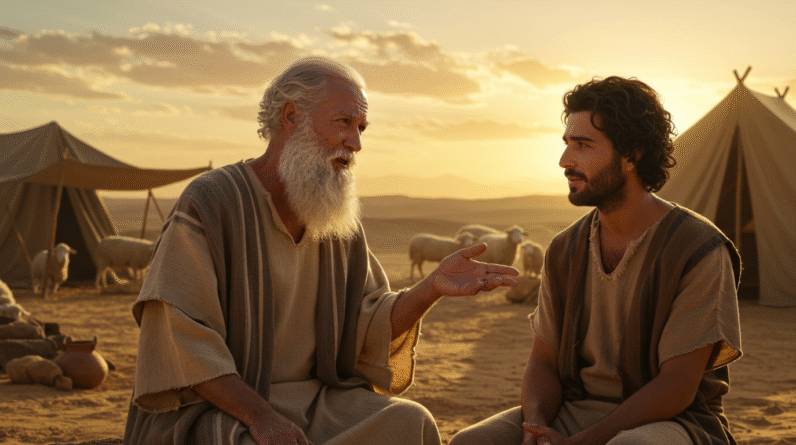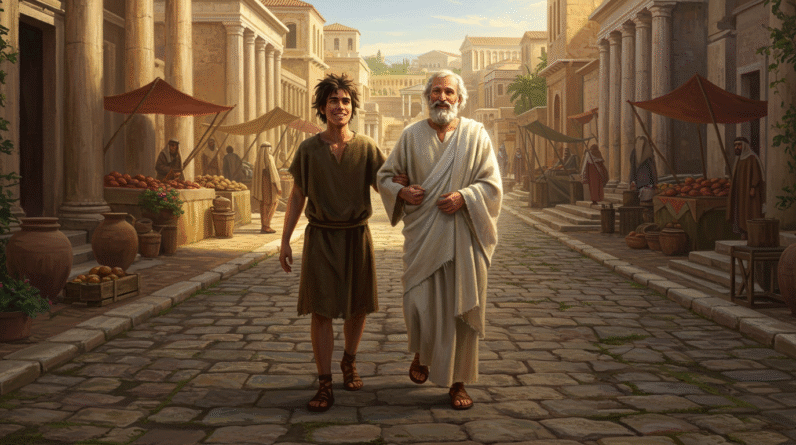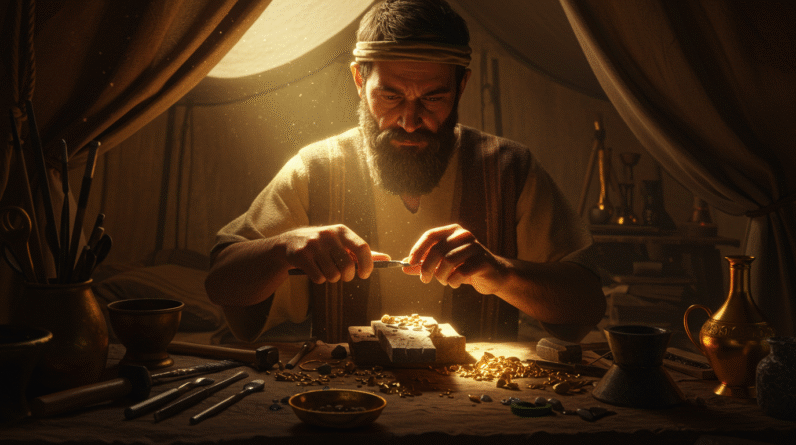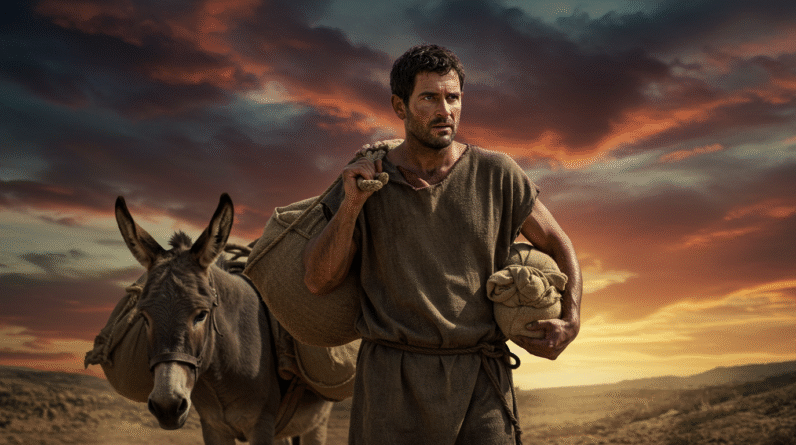Discover Uriah the Prophet’s courageous stand for truth in biblical times. Explore his life, facing danger for faith, and its modern-day relevance in just 160 characters.
Exploring the Life of Uriah the Prophet
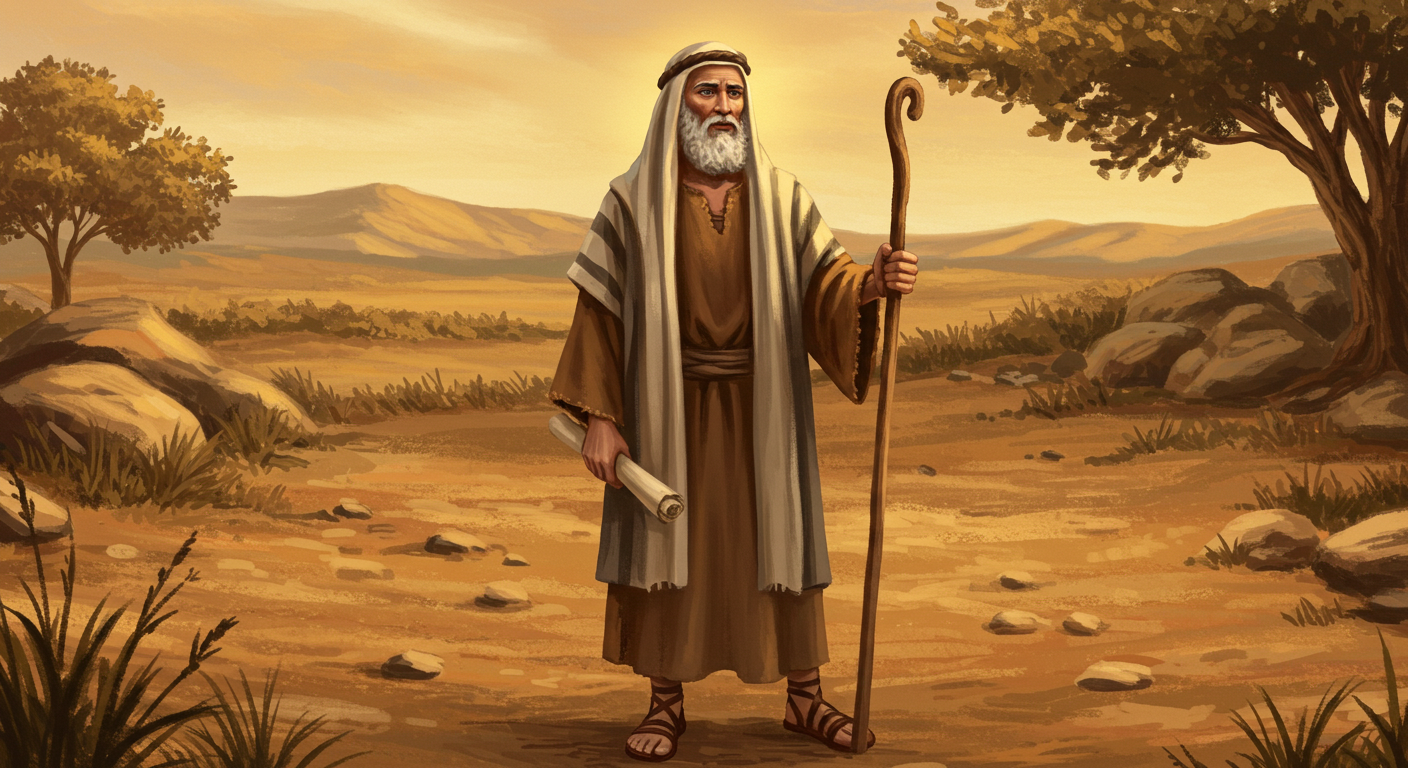
Introduction
In the vast tapestry of biblical narratives, Uriah the Prophet stands out as a figure whose story, though brief, is both compelling and sobering. His life, as recorded in the book of Jeremiah, offers a profound lesson on the cost of faithfulness and the consequences of speaking truth to power. Uriah’s story is one of courage and conviction, providing a poignant reminder of the trials faced by prophets in ancient times. Much like the renowned prophets of the Bible, Uriah’s circumstances highlight the tension between divine obedience and human opposition, akin to others who have similarly walked the perilous line between declaring God’s truth and facing the wrath of earthly authorities.
Their Story in the Bible
Uriah, son of Shemaiah, hailed from Kiriath Jearim and emerged during the reign of King Jehoiakim of Judah. His prophecy, aligned with that of Jeremiah, emphasized impending doom for Jerusalem and Judah due to their persistent disobedience and idolatry. You can find his story vividly chronicled in Jeremiah 26:20-23. Uriah’s message mirrored Jeremiah’s call for repentance, warning the people of the divine judgment looming over the city, a declaration that was hardly welcomed by the ruling authorities or the populace.
When King Jehoiakim caught wind of Uriah’s prophecy, his reaction was swift and severe. The king and his officials pursued Uriah, seeking to silence him permanently. Fearing for his life, Uriah fled to Egypt, seeking refuge from the king’s wrath. Unfortunately, the escape did not guarantee safety. King Jehoiakim dispatched Elnathan, son of Acbor, along with others to Egypt, capturing Uriah and bringing him back to Judah. In a grim turn of events, upon his return, King Jehoiakim had Uriah put to death and disgracefully buried him in an unmarked grave.
Despite its brevity, Uriah’s story is laden with dramatic tension. His unwavering commitment to delivering God’s message, even in the face of mortal danger, is a testament to his faith. This narrative is a powerful illustration of the risks that come with speaking the truth in a world that often prefers comfort over conviction.
Lessons from Their Life
Uriah’s life, though seemingly overshadowed by more prolific prophets, imparts several vital lessons:
- The Cost of Prophetic Courage: Uriah’s story vividly illustrates the cost of prophetic courage. Like many prophets before and after him, Uriah faced hostility and death because he chose to stand firm in his faith and speak God’s truth. In today’s world, we are reminded that integrity and honesty might come with personal sacrifices.
- The Power of a Conviction-Driven Life: Uriah’s commitment to delivering his message underscores the impact of living a conviction-driven life. His actions teach us the importance of remaining true to our beliefs, even when facing intense opposition. Such steadfastness is critical for anyone striving to make a difference in their communities or personal lives.
- The Reality of Opposition: Uriah’s demise serves as a stark reminder of the opposition often faced by those who challenge the status quo. It calls for resilience in the face of adversity and highlights the importance of seeking strength and courage, particularly when confronted by those in power.
Connection to Today’s World
Uriah’s story resonates with many societal issues present today. In a world where speaking out against corruption, injustice, or wrongdoing can lead to severe repercussions, Uriah’s tale serves as both an inspiration and a cautionary note. Just as Uriah stood bravely for his convictions, modern-day prophets—whether activists, journalists, or everyday citizens—face pressures to remain silent or conform.
His story encourages resilience and conviction, urging us to evaluate how we react to challenges and injustice in our own lives. It challenges us to reflect on our values and our willingness to act upon them, even if doing so may lead to personal sacrifice or hardship. Moreover, it highlights the ongoing struggle for justice and righteousness in various cultural and political arenas worldwide.
Just as Uriah’s message was not heeded, many are still silenced today for bearing uncomfortable truths. His life reminds us that while immediate outcomes may not always favor righteousness, the eternal principles of justice and truth remain paramount. It also calls for us to support and stand with those who risk much for the sake of truth and justice.
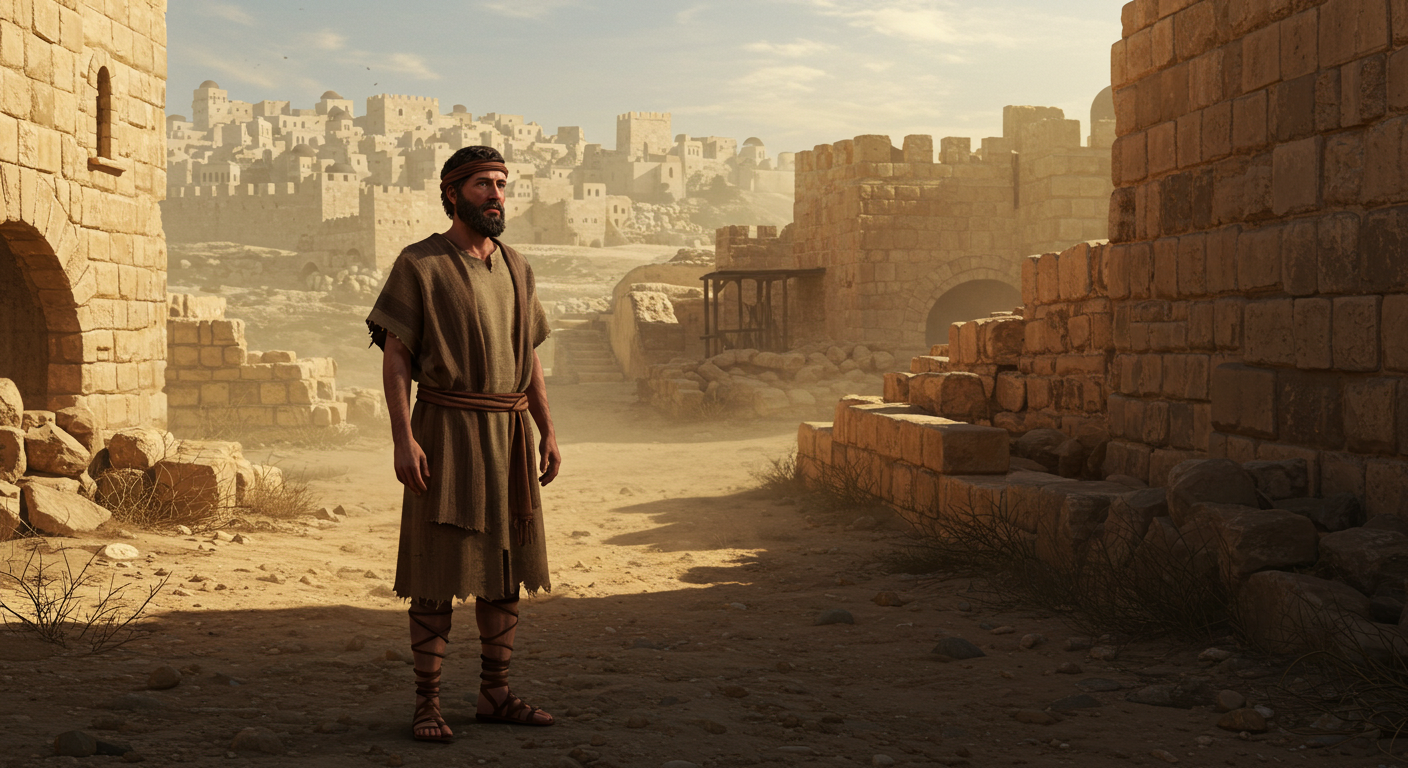
Key Bible Verse
A key scripture that encapsulates Uriah’s journey is found in Jeremiah 26:23. The verse recounts the tragic end of Uriah’s life, stating: “They brought Uriah out of Egypt and took him to King Jehoiakim, who had him struck down with a sword and his body thrown into the burial place of the common people.” This verse starkly portrays the high price Uriah paid for his prophetic duty. It stands as a testament to his resolve and serves as a somber reminder of the reality faced by many who dare to stand against prevailing powers.
Thought-Provoking Question
Reflect on your values—are you prepared to stand firm in your beliefs even when faced with severe opposition as Uriah did? How do you navigate the tension between integrity and the desire for approval or safety?
Historical/Cultural Context
In exploring Uriah’s story, an understanding of the historical and cultural context of the time adds depth to his experiences. During King Jehoiakim’s reign, Judah was under threat from surrounding nations, primarily Babylon. Prophets like Uriah and Jeremiah faced immense pressure, as their messages often countered the political and religious agendas of the time, inciting fear and hostility among leaders who struggled to maintain their hold on power.
The role of a prophet in ancient Israel was perilous. Prophets were expected to receive and relay God’s messages to His people, often in challenging circumstances. Their declarations were not merely spiritual guidance but had real implications on the socio-political paradigm, which meant that prophets were frequently met with resistance, hostility, and even death, as in Uriah’s case. Understanding these dynamics casts Uriah’s actions in a light of remarkable bravery and commitment.
Comparison with Other Characters
Uriah’s somber narrative invites comparisons with other biblical figures who stood firm amidst persecution. Like Uriah, the prophet Jeremiah also faced threats and opposition but managed to survive and continue his ministry. Similarly, Daniel, another prophet, exemplified unwavering faithfulness despite being subjected to persecution under King Nebuchadnezzar. These comparisons highlight the recurring theme of divine truth standing against human opposition and God’s faithfulness to His messengers who stood, often alone, in delivering difficult truths.
Prayer
In the spirit of Uriah’s faith, may you find the strength and courage to speak truth with love, even in the face of opposition. May your life reflect integrity and conviction, for as it is written, “The Lord bestows favor and honor; no good thing does he withhold from those whose walk is blameless” (Psalm 84:11).
In conclusion, Uriah the Prophet’s life, though obscured by the brevity of his story, offers enduring lessons on courage, conviction, and the cost of truthfulness. His narrative, woven into the larger scope of biblical history, challenges and inspires our understanding of what it means to live faithfully and fearlessly.


